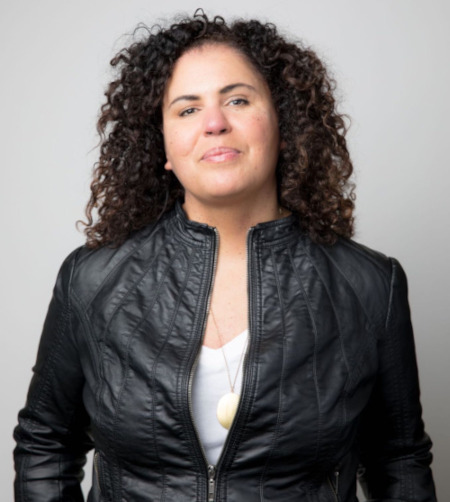Opening
Keynote Speaker

Dr. Safiya Noble / University of California, Los Angeles (UCLA)
2020-10-12 | 12:30 (Live) (America/New_York)
2020-10-13 | 01:00 (Replay) (America/New_York)
In her recent best-selling book Algorithms of Oppression, Dr. Safiya Noble challenges the idea that “Big Tech” offers an equal playing field for all forms of ideas, identities, and activities. Her work argues that the combination of private interests, along with the monopoly status of a relatively small number of internet companies, leads to a limited understanding of how racism is created, maintained, and disseminated in everyday digital engagements. Data discrimination is a real social problem, and in this talk, Noble offers a powerful set of data points, examples, and provocations. She asserts we are just at the beginning of creating new paradigms of justice with the tech sector.
Zoom links will be shared on Slack.